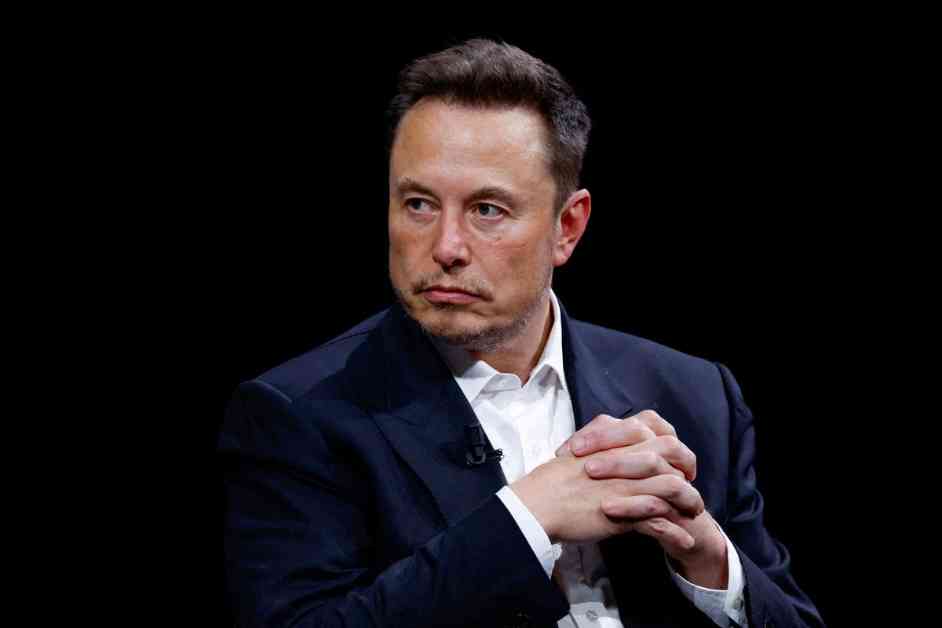Downing Street has strongly criticized Elon Musk for his recent claim that “civil war is inevitable” in Britain, stating that there is “no justification for comments like that.” A spokesperson emphasized that the actions of a minority of individuals do not represent the sentiments of the entire nation.
Misinformation spread on Musk’s social media platform, X (formerly known as Twitter), has been blamed for inciting racist far-right riots and attacks. Following false information regarding the suspect in the Southport knife attack, violent clashes erupted in various cities including Hull, Halifax, Liverpool, London, Southport, and Rotherham. Additionally, fires were set at hotels housing asylum seekers in Manvers and Tamworth.
This is not the first time Musk has made claims about civil unrest in Europe, as this marks the sixth instance since October. His posts on X have garnered millions of interactions, with one recent post suggesting that the violence was a result of mass migration and open borders, leading to his declaration that civil war is inevitable.
In response to Musk’s statements, Downing Street reiterated the need for social media companies to take more responsibility in countering misleading or harmful content on their platforms. The government emphasized that these companies have a duty to ensure the safety of their users. Members of the political spectrum, including Tim Montgomerie and Armando Iannucci, criticized Musk for his remarks, calling them irresponsible and fear-mongering.
Despite Musk’s claims, experts like Michael Stephens and Professor Marc Owen Jones have refuted the idea of an impending civil war in the UK. Stephens highlighted the importance of unity and cooperation in a diverse society, while Jones pointed out the dangers of misinformation and hate speech spread through social media platforms.
Actor-turned-activist Laurence Fox’s inflammatory remarks on social media have further fueled tensions, with calls for greater regulation of online content. The rise of extremist rhetoric on platforms like X has raised concerns about the spread of disinformation and the targeting of minority groups.
Since Musk acquired Twitter and rebranded it as X, he has faced criticism for allowing previously banned individuals back onto the platform, including Tommy Robinson. Musk’s interactions with controversial figures have raised questions about his role in enabling the dissemination of harmful content.
In light of the escalating tensions, political leaders like Sir Keir Starmer have called on social media companies to take action against violent and illegal behavior incited on their platforms. The need to uphold the law and protect users from harmful content has become a pressing issue in the digital age.
As discussions around free speech and online regulation continue, Musk’s influence on social media and politics remains a topic of debate. His support for figures like Donald Trump and his stance against so-called “woke culture” have positioned him as a polarizing figure in the public sphere.
In conclusion, Musk’s controversial statements about civil war in Britain have sparked condemnation from government officials, experts, and the public alike. The role of social media platforms in shaping public discourse and influencing political events has come under scrutiny, highlighting the need for responsible behavior and ethical practices in the digital realm. As the debate over online regulation intensifies, the impact of influential figures like Musk on society and democracy remains a subject of ongoing concern.












